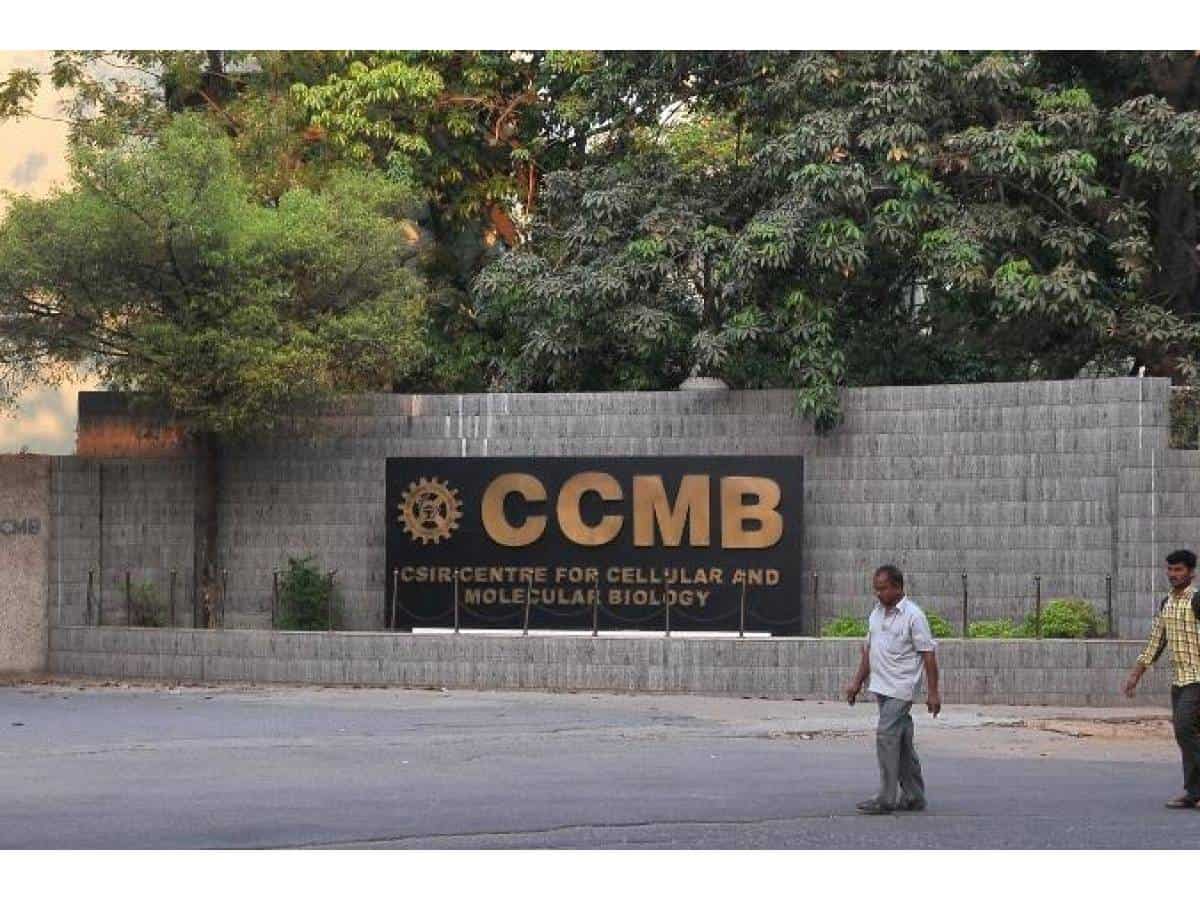Yunus Y. Lasania & Daneesh Majid
Hyderabad: Fear seems to have set into the minds of several citizens in Hyderabad a day after a joint report by two premier scientific institutions concluded that about 6.6 lakh people have been infected by the novel coronavirus (COVID-19). If true, it belies the state government’s official data of one lakh cases that have been reported in Telangana so far, and also means that the government has been grossly underreporting cases.
Moreover, doctors in the city who are currently treating COVID-19 patients have also raised doubts about the results, while the scientific institutions stand by their findings. The study was conducted by the Centre for Cellular and Molecular Biology (CCMB) and the Indian Institute of Chemical Technology (IICT), which are based in Hyderabad.
A CCMB press release on August 19 stated, “Of the 1800 million litres water used daily in Hyderabad, 40 per cent is processed at different sewage treatment plants (STPs). In a collaborative effort, CSIR-CCMB and CSIR-IICT harvested the sewage samples to estimate the number of potentially infected individuals in the city.”
Covering 80 per cent of the STPs in the city, it disclosed that about two lakh people are shedding viral materials. With only 40 per cent of the Hyderabad’s sewage reaches STPs, the joint study extrapolated that the total amount of potentially infected people, which turned out to be approximately 6.6 lakh (6.6. per cent of the city’s population) — including symptomatic, asymptomatic and recently recovered people.
However, doctors from the state-run Osmania General Hospital and Gandhi Hospital said that the numbers given by the CCMB-IICT report may not be completely accurate. “A lot of people will have some mild symptoms like cold or fever but a virus is an antigen which spreads and causes an infection after entering the body. Only an antigen test will show you a proper infection. Why are we testing for antigens of COVID now?” said a senior doctor from OGH who did not want to be quoted.
Another doctor from Gandhi Hospital, a nodal treatment center for COVID, said that people also have antibodies inside themselves, which are produced as a counter-measure when a virus or bacteria enters the body, then it poses no problem. It means they possess immunity,” said a doctor from OGH.
In Telangana, as of 20 August, a total of 97,424 COVID-19 cases have been reported, of which 1,724 were reported on Thursday. Out of the total numbers, 75,186 people have recovered, while 729 have died after succumbing to the virus. The state’s total is clearly way below what the CCMB-IICT study has suggested. It will be interesting to see if the central government takes any action based on it.
When contacted CCMB director Rakesh Mishra said that they did not test for antibodies in their study, but tested fecal samples from Hyderabad’s sewage system.
“So what we are testing are people who have been shedding the virus. Many people will start testing negative after 12 to 14 days, which means at least two thirds or more of these samples which we detected in a sewage stem are actually cured people or recovered people. Therefore, they are negative now and only one third of these are active cases,” he added.
The joint study found out that about 6.6 lakh people are currently shedding the virus in Hyderabad. This means there are about 2.5 lakh people are active.”If these go out and sneeze, they can infect others. The remaining people are now shedding the virus in their fecal samples,” Mishra added.

